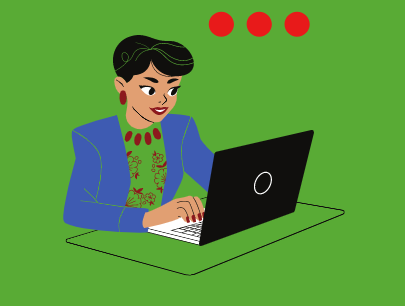Phishing is a social engineering attack which is one of the most common and effective cyberthreats around, relying on lapses in human judgment to succeed. Phishing is when hackers attempt to trick victims into revealing personal information such as credit card details and passwords through fake emails, instant messages, and websites. These ‘traps’ are made to look legitimate so that users mistakenly input personal information that hackers can then use for identity theft and other crimes. Once a hacker gets a hold of your personal details, they can make purchases on your behalf, or if you are tricked into clicking a malicious link, then your entire system could become frozen as part of a ransomware attack.
Phishing attacks can happen to any unsuspecting user and can lead to devastating results. However, there are precautions you can take to help prevent you from becoming the next victim of a phishing attack. At the bare minimum, you can make sure you use two-factor authentication for any email, social media, and banking accounts.
Even better, if you want to go the extra mile with protection against phishing attacks, then you should also consider getting a VPN. The advanced security features offered by VPNs can keep network traffic secure and protect your privacy whenever you’re online. Some VPNs can also significantly decrease the chances of you becoming a target for phishing attempts, but we’ll get more into that later.
Keep Reading To Find Out How to Prevent Phishing Using a VPN.
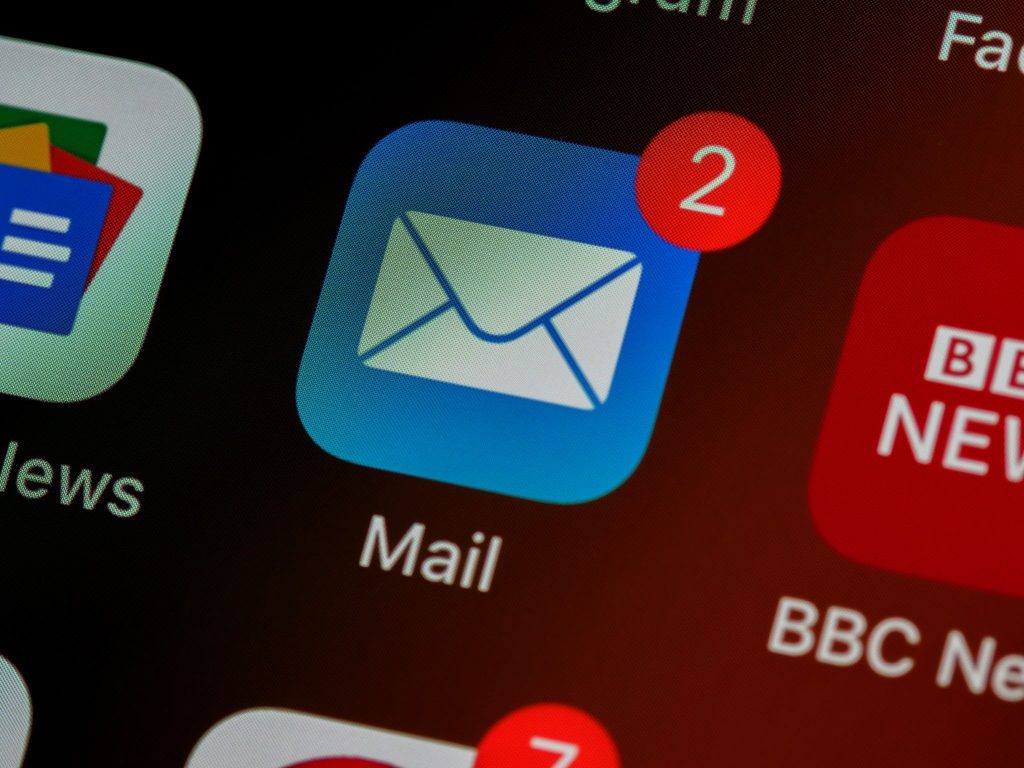
| VPN Provider | Rating | Description | |
|---|---|---|---|
| CyberGhost | Best value for money | Get CyberGhost | |
| ExpressVPN | Premium VPN | Get ExpressVPN | |
| Private Internet Access | Great VPN, good value | Get PIA VPN |
What is Phishing?
Malicious Activities that are accomplished through human interactions are classed as social engineering attacks, with phishing being the most popular form. Phishing is when a hacker masquerades as a legitimate source that is sending out an email or message where the recipient is required to update their account details or otherwise reveal other sensitive information. Phishing can also be disguised as banners or pop-up ads that can link to websites that are loaded with malware. Tools for phishing tools are widespread, easily available, and have become increasingly more sophisticated over the past few years. Phishing scams can be easy to fall for if you’re not sure how to identify fake emails and malicious ads.
How is Phishing Dangerous For Businesses?
Phishing is often targeted at businesses, where a fake email will be sent to a mass of employees with the hope that at least one falls into the trap. And more often than not, a phishing scam will succeed by either gathering sensitive information or downloading malware onto a device to enable a ransomware attack. According to a recent study, 74% of U.S. organizations experienced a successful phishing attack in 2020, which suggests that employees cannot easily distinguish legitimate sources from fake ones. Further research has actually revealed that over 13% of employees are likely to enter their credentials on a phishing website.
A BEC (Business Email Compromise) attack is when a hacker will use phishing to impersonate senior staff members and trick employees or customers into making a wire transfer to their account. Anticipating these attacks is difficult and time-consuming, which is why it’s a popular form of phishing among cybercriminals. The most common keywords included in BEC attacks are — urgent, request, important, payment, and attention.
With remote work becoming increasingly more common, occurrences of phishing attempts have also increased. A study from Microsoft showed that 62% of security professionals reported that phishing campaigns were the most increased security threats since the beginning of the 2020 Covid-19 pandemic.
Not only is phishing incredibly common, but it’s also very harmful to businesses and individuals, who can both suffer financially as a result of a successful phishing attack. As of 2021, the average annual cost of phishing in the U.S. is $14.8 million, which is more than triple the average cost in 2012. Many users are clearly unable to take the proper actions to protect themselves from phishing attacks and perhaps are not aware of how they can avoid falling victim to these scams.
How Can a VPN Help Prevent Phishing?
Since phishing attacks rely on human error, it’s hard for any technology to fully prevent them. However, many VPNs offer various security protocols that can mitigate the risk of phishing scams and reduce your chances of falling victim to a phishing attack.
VPNs are there to protect your privacy and keep you secure when online. By encrypting all your data, VPNs can prevent hackers from intercepting your connection and stealing your sensitive information. They also ensure that you remain anonymous online and that your browsing acuity stays private, even from your ISP. Reputable VPNs also offer users additional features that can help prevent phishing,
The best VPNs like CyberGhost* provide technology that detects ads and prevents them from loading whenever you visit a new website. Since you need to click on an ad for it to lead you to a malicious website, if they’re blocked by your VPN, then they’re no longer a threat to you. If you cannot see any ads at all, then you have no chance of being tricked into clicking on one and falling for a phishing scam. As a bonus, removing all ads will drastically speed up your browsing experience and allow you to surf the web without any interruptions, regardless of if they’re phishing scams or not.
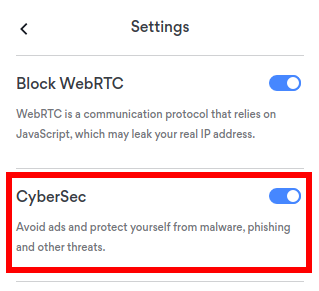
Some VPNs also provide technology that automatically blocks your access to malicious websites. Whenever you’re about to visit a website, the VPN technology will compare the URL against a vast database of blacklists. If the website is known for hosting malicious software such as malware or spyware, then the technology prevents the website from loading. This can help ensure that you don’t unknowingly fall into any phishing traps when visiting websites that appear to be safe.
Overall, VPNs cannot offer 100% protection against phishing attempts as they cannot stop you from clicking a malicious link or downloading unsafe files. However, by blocking potentially dangerous ads and preventing your access to harmful websites, VPNs can significantly reduce your chances of falling for a phishing attack.
What Else Can I Do To Prevent Phishing?
Hackers are regularly adapting as users become more aware of different cyber threats, and phishing is no expectation. As people are being more educated on what to look out for, phishing scams are becoming much more subtle and convincing.
Time needed: 25 minutes.
Here are a Few Precautions You Can Take to Help Prevent Phishing.
- Be Wary of Emails
Whenever you receive an email, check the sender’s address, and if it’s from someone you’ve never contacted or heard of before, then it’s best to not open the email at all. If you do open the email, then check for any spelling or grammar mistakes, as these are usually tell-tale signs that the email has come from an illegitimate source.
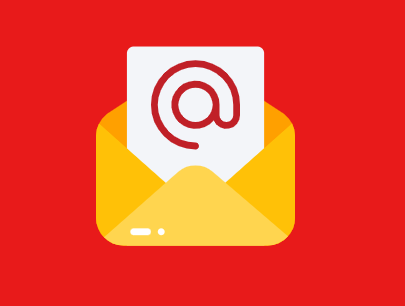
- Avoid Clicking on Links
Never click on any links sent to you via email or instant messaging, as these can lead to malicious websites. Furthermore, don’t download any attachments, as these can contain malware that’s ready to spread through your device. Even if you receive an email, and you believe it’s safe, rather than clicking on any links, instead head directly to the website on a separate browser tab and log into your account. Any actions that you need to take can be done straight through the website, rather than risking opening up a malicious link.
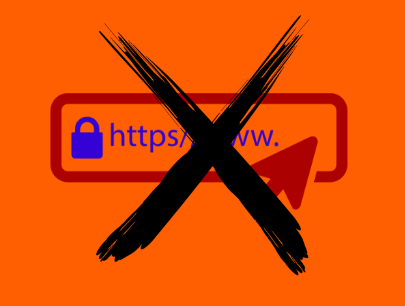
- Change Your Passwords
Remember to also regularly change your passwords as an extra layer of protection. Your accounts could be compromised without you even knowing, so it’s smart to form a habit of routinely changing your passwords. It’s also a good idea to enable two-factor authentication on all your accounts, as this makes it harder for phishing attempts to succeed.
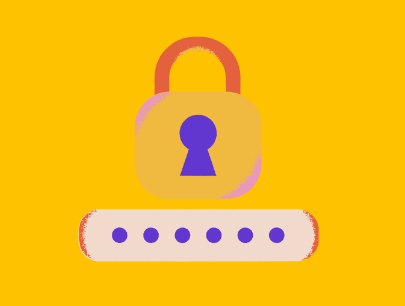
- Install a VPN with phishing protection
As mentioned before, the best VPNs offer an ad blocker that also protects from phishing. CyberGhost works really well.
Remember that those options are per default deactivated as some website might not work with an active ad blocker. I recommend you switch those functions on and only off, if you really need to.
There is an advantage to using phishing protection like CleanWeb or CyberSec — it protects your whole device and not only the browser you are using.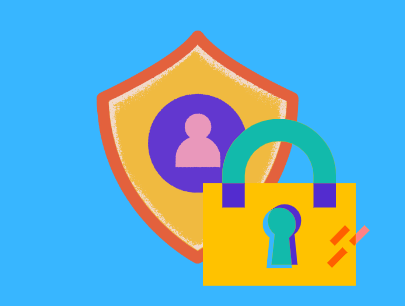
- Don’t Rush
One of the best pieces of advice we can give when it comes to preventing phishing attacks is, don’t panic! Hackers will try and pressure you into making a quick decision and rush into clicking a malicious link or submitting sensitive information. As we mentioned before, they’ll use words such as urgent, important, and attention to make you panic and react carelessly. It’s important to remain calm and take your time reading through any emails and looking out for tell-tale signs that might reveal that you’re dealing with a phishing attempt.
